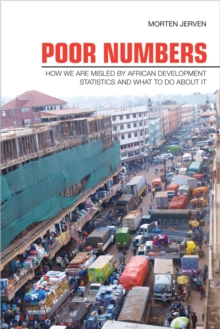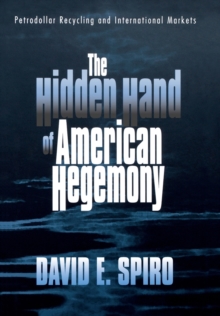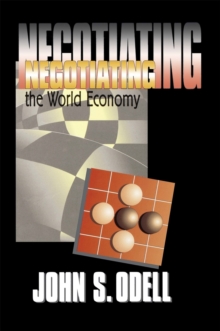
Troubled Industries : Confronting Economic Change in Japan PDF
by Robert M. Uriu
Part of the Cornell Studies in Political Economy series
Description
Robert M. Uriu analyzes the industrial policy-making process in Japan for industries faced with sudden economic decline. He takes exception to the traditional view that policy bureaucrats in Japan are autonomous and insulated from societal pressures, arguing that the private sector in Japan has been actively involved in developing and implementing industrial policy.
After carefully defining his conceptual framework, Uriu presents case studies of four industries: cotton spinning, steelmaking in minimills, synthetic fibers, and ship building, along with less detailed examinations of coal mining, aluminum smelting, paper, and steelmaking in integrated mills. These industries, he suggests, have sought public policies that enable them to manage competition domestically. In particular, they have fostered cartels to control production or capacity levels in an attempt to stabilize their industry's conditions. In textiles, steel, and ships, Uriu focuses on several of the industries most important to Japan's early postwar economic successes, the very ones first to confront the problems of decline and adjustment.
Uriu also shows how Japan's policy choices more recently have become constrained by changes in the domestic antitrust environment and in Japan's external relations. In particular, pressures from Japan's trading partners have limited the policy tools available to Tokyo. As a result, industries have experienced increasing difficulties over time in managing competition in the domestic market. Analysts need to integrate domestic and international factors more carefully, Uriu argues, in order to trace more accurately the interactions between industry actors and the policy environment they face.
Information
-
Download - Immediately Available
- Format:PDF
- Pages:312 pages
- Publisher:Cornell University Press
- Publication Date:15/04/2019
- Category:
- ISBN:9781501739033
Information
-
Download - Immediately Available
- Format:PDF
- Pages:312 pages
- Publisher:Cornell University Press
- Publication Date:15/04/2019
- Category:
- ISBN:9781501739033










